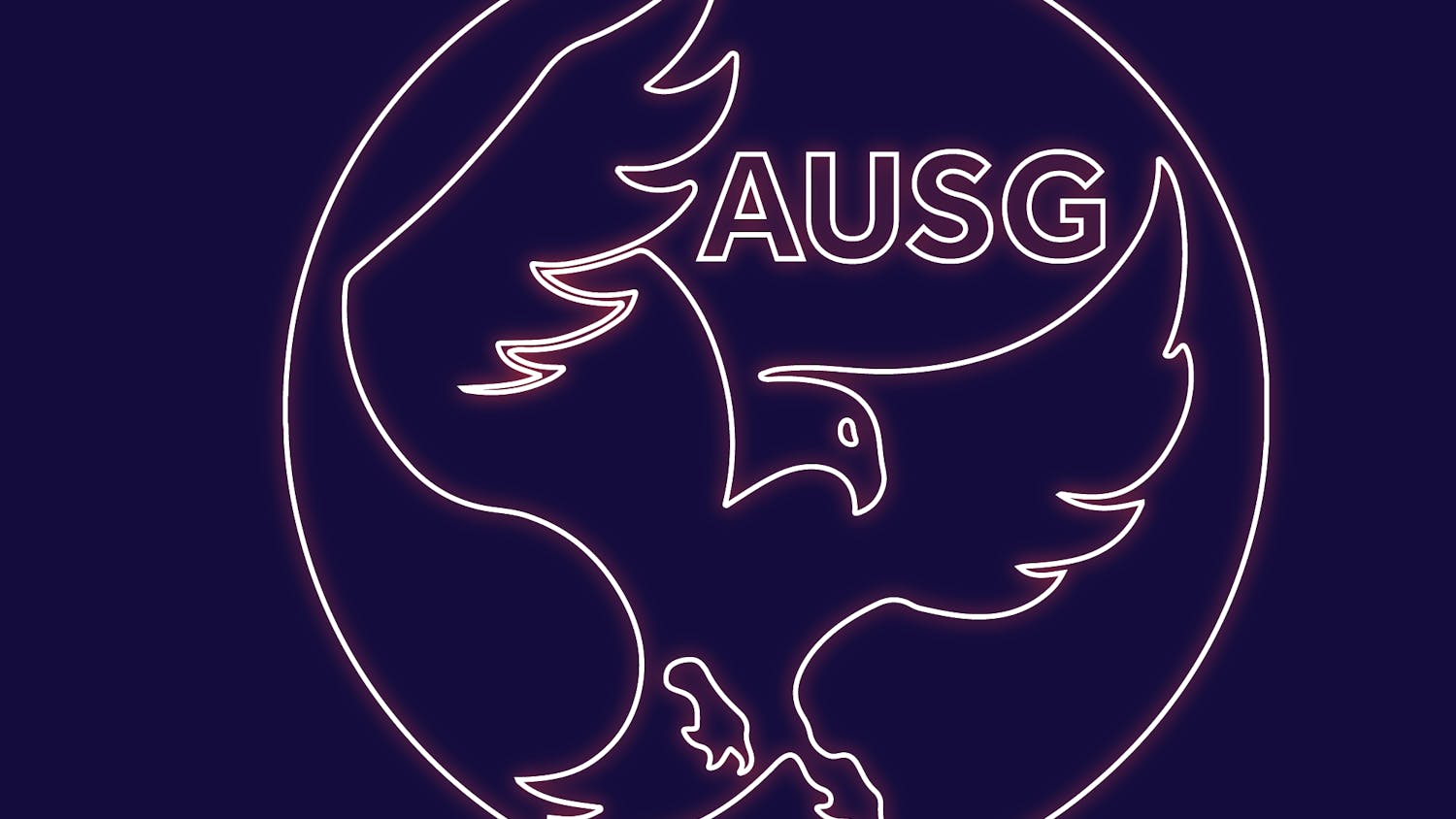Panelists at a School of International Service forum on Thursday disagreed over how the Obama administration should handle the current Israeli-Palestinian conflict and whether or not peace is attainable in Israel.
The forum focused on whether the U.S. should get involved in the Israeli-Palestinian conflict.
Yoram Peri, a Berman Visiting Professor of Israel Studies from Tel Aviv University, said he thought the Palestinians and Israelis have been fighting for so long that the intervention of a third party would be helpful.
"There is no prospect for regional harmony and stability unless the U.S. claims a leadership role in the region," he said.
Amjhad Atallah, the director of the Middle East Task Force at the New America Foundation, a non-profit organization that promotes political solutions for all situations across party lines, said he agrees with Peri.
"We need to have a proactive policy," he said, "The U.S. is a great enough power that we can claim our interests in the region."
Aaron David Miller, a former advisor on Arab-Israeli negotiations to six U.S. secretaries of state from 1978 to 2003, said Obama has to first fix the United States' financial crisis before he can work on facilitating peace in Israel.
"Obama was elected to preside over the worst economic and financial crisis," he said. "Even if we wanted to bring peace, I'm not sure that we have the capacity to."
One of the main reasons for the recent outburst of violence is a lack of leadership on both sides, according to Miller.
He also said the governments on both sides need to have firm control over outbursts of violence in the region.
Miller said he considered the last three Israeli prime ministers to have been young, untested and inexperienced. The Israelis and Palestinians need leaders on their respective sides who are not afraid to enforce authority and wise judgment when making decisions, he said.
Atallah had more hopeful sentiments, and said the U.S. government needs to have a positive outlook.
"Every conflict looks insurmountable when you look at the reasons why it will fail," he said. "There's a lot of room for progress but if there's a feeling that it's impossible, if we don't resolve it, no one else will."
What all three panelists agreed on was that the current administration has a better chance of alleviating the crisis in Israel than the Bush Administration. Atallah, Miller and Peri each believed that under President Obama, it would be easier to facilitate new talks and agreements between Israelis and Palestinians.
Catherine Koper, a graduate student in the School of Public Affairs, was pleased with the forum's thorough analysis.
"I think it was fascinating," she said. "They brought up issues that are not usually mentioned in the news. It's more complex than Israel versus Palestine."
The International Politics Division of SIS and the Center for Israeli Studies sponsored the forum.
You can reach this staff writer at news@theeagleonline.com.




